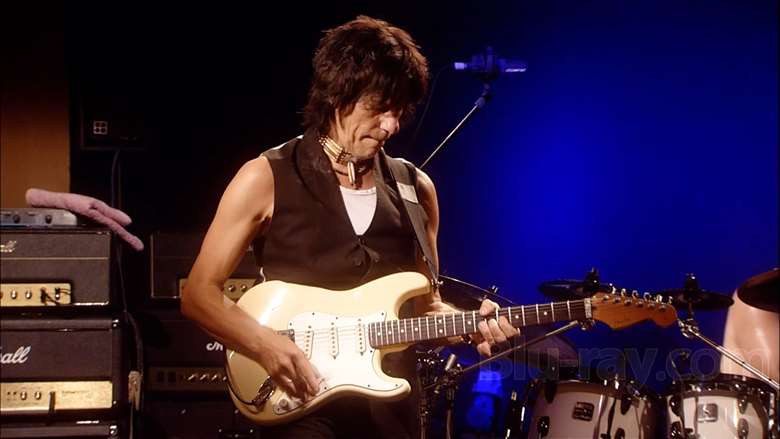Jeff Beck: 24/06/1944 – 10/01/2023
Kevin Whitlock
Thursday, January 12, 2023
Last night (11 January) the world received the sad news that Jeff Beck, one of the greatest guitarists of all time, had died of bacterial meningitis the previous day at the age of 78


Register now to continue reading

Thank you for visiting Jazzwise.co.uk. Sign up for a free account today to enjoy the following benefits:
- Free access to 3 subscriber-only articles per month
- Unlimited access to our news, live reviews and artist pages
- Free email newsletter